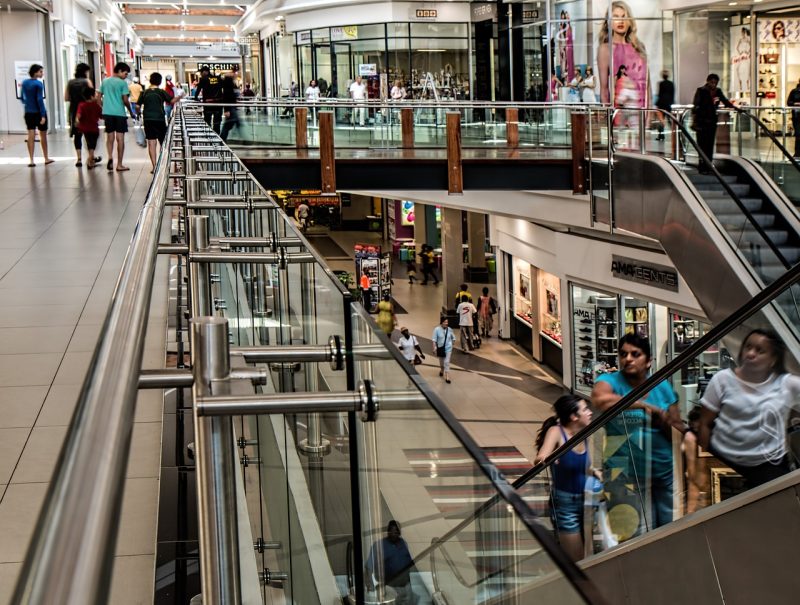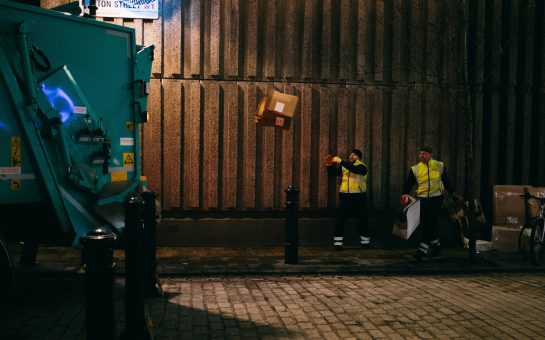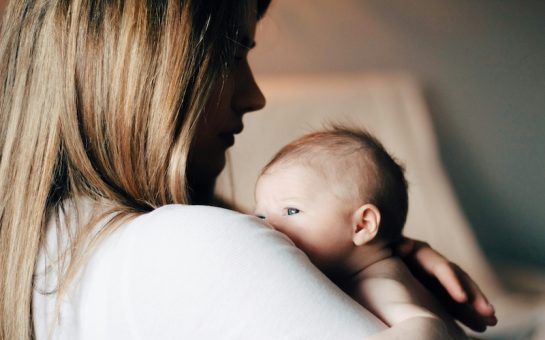Retailers in London continue to struggle in the run up to Christmas due to low sales growth as inflation has risen up to 11%.
Currently retailers are looking at an average of 1% sales growth despite their bills increasing by around 10%, meaning that their profit margins are narrow whilst their expenses grow.
Tom Holder, Head of Communications at the British Retail Consortium, said: “Retailers face a really difficult time at the moment as the retail sales growth is fairly anaemic and is in no way keeping up with inflation.
“Inflation is expected to remain high and the cost of living crisis means that retailers are squeezed, and it doesn’t help that our exchange rate is pretty poor at the moment which is increasing the cost of imports from abroad.
“All of this means costs are rising but consumers have less money in their pockets in terms of discretionary income so they are having to spend less.”
Holder explains how retailers have still not recovered to pre-pandemic levels of sales and footfall, as during the first lockdown the retail sector recorded drops in footfall of 85% overall.
Now, it has been a slow move over the last 12 months improving back towards zero, but footfall is still lower than pre-pandemic levels by about 12% on average over the last six months.
The Office of National Statistics released figures showing that retail sales volumes have continued a downward trend since 2021 as they fell 2.4% in October compared to the three months prior.
Retailers sales growth is not keeping up with inflation by jess littleIn the recent Autumn Statement the Government announced it will freeze the rise in business rates to protect businesses from rising inflation as well as reform the current Transitional Relief scheme.
The way it usually works is every retail business has a value attached to their property and they pay a tax of around 50% on that rateable value, according to Holder.
Normally that goes up by inflation every year which would have meant a 10% rise in bills but by freezing the rates, the Government will shield businesses from that rise.
This will undoubtedly save retailers a lot of money, as Holder estimates it could be as much as £800 million saved.
He said: “The Government is worried that they have seen retailers going bust, but I think there is also the fact that if in April retailers face paying £800 million more the only way they can get that money back is by increasing prices.
“This would have had an inflationary effect if that tax went ahead and at the moment with inflation being one of the major issues, the government is trying to get on top of it and I think that is the calculation they have made.”
Transitional relief is a government scheme which ensures that large increases or large decreases in rates bills, which are due to the revaluation of tax, are phased in gradually over a number of years.
However this was more of a detriment to those whose tax bills were supposed to largely decrease due to their change in circumstances as it meant that instead of their taxes going straight down to the figure they were supposed to, they went down gradually.
Ultimately it benefited businesses where their taxes were going up, but it was a big cost to places whose taxes should have been going down and essentially it meant one side was paying for the other.
The reform in transitional relief has meant that now businesses whose rateable value has fallen will just pay the rate that they owe, which is the much lower rate of tax.
Holder said: “The government is still going to help the businesses whose taxes are rising by not making them go up as fast but it’s not going to make the people who’s taxes should be falling pay for it, instead it’s going to be paid out of central government.
“Both of these changes announced in the Statement will be a big help to retailers and will help fix a break in the system and stop this ridiculous tax rise that would have ultimately cost customers a lot of money.”





